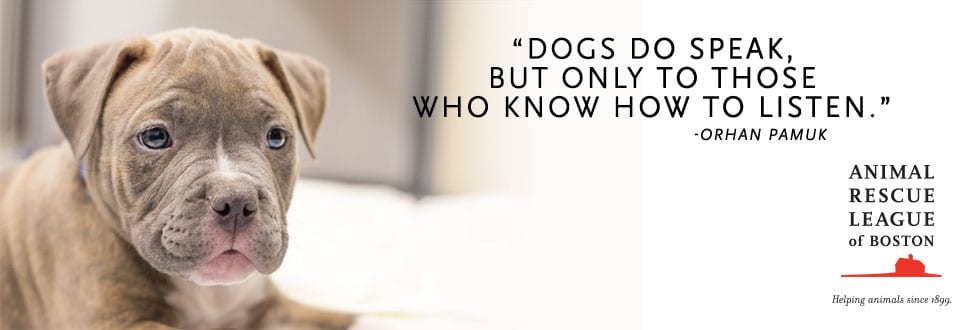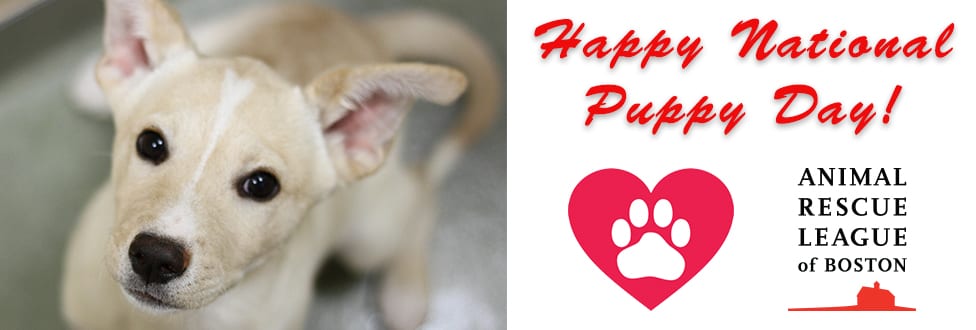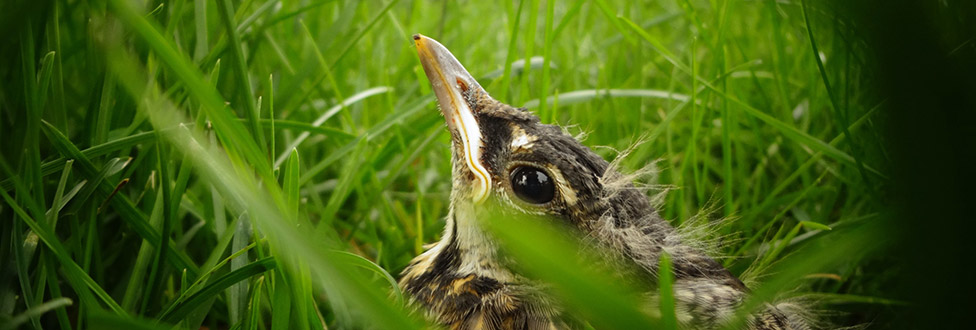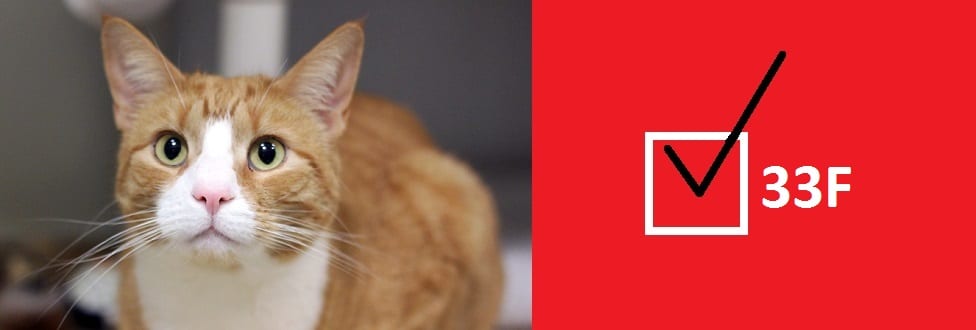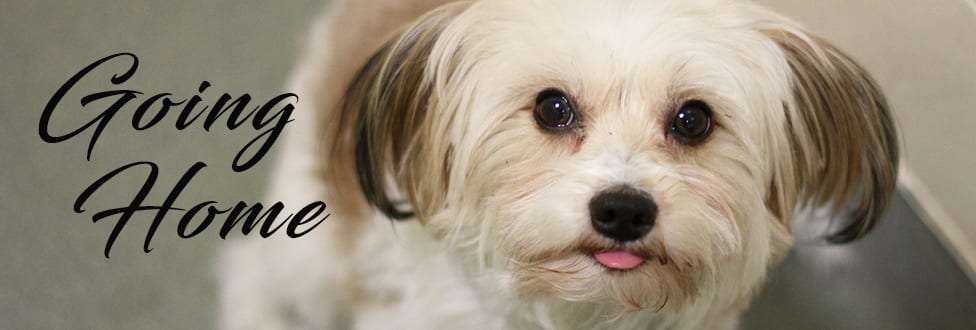Thank You WBZ Radio 1030!
ARL Programs Saturate the Airwaves as Featured Charity in March for WBZ Cares
As we head into April and the start of spring, the Animal Rescue League of Boston (ARL) would like to take a moment to thank WBZ Radio 1030 for choosing ARL as a part of WBZ Cares, a public service initiative that showcases the hard work and dedication of local nonprofit organizations.
Every week during March, award-winning journalist Kim Tunnicliffe presented reports highlighting the programs and services related to ARL’s mission, such as law enforcement, special community initiatives, shelter operations, volunteering, and more! WBZ also ran ARL public service announcements that rotated throughout the day, and ARL’s President Mary Nee and Vice President of Animal Welfare and Veterinary Services Dr. Edward Schettino were also live in-studio with WBZ mainstay Dan Rea.
WBZ’s massive audience, coupled with its history and stellar reputation in the Boston market made it the perfect vehicle to broadcast ARL’s mission to animal lovers throughout the Commonwealth.
If you didn’t get a chance to hear any of the segments during March, please click on the links below!
3/1/17 – Listen to ARL’s President Mary Nee talk about our history and mission.
3/8/17 – Listen to ARL’s Associate Director of Shelter Operations, Caitlin Tomlinson talk about caring for animals, both in and out of the shelter environment.
3/15/17 – Listen to ARL Veterinarian Dr. Kyle Quigley, and ARL’s Associate Director of Community Services, Cheryl Traversi, who talk about community services.
3/17/17 – Listen to ARL’s President Mary Nee, and ARL’s Vice President of Animal Welfare and Veterinary Services, Dr. Edward Schettino, who were live in-studio as special guests on NightSide with Dan Rea!
3/22/17 – Listen to ARL’s Associate Director of Law Enforcement Lt. Alan Borgal talk about ARL’s role in keeping animals safe and ensuring that those who harm animals are brought to justice.
3/29/17 – Listen to ARL’s Associate Director of Volunteer Services, Debby Vogel, and Volunteer Betsy Jones, who talk about the important work that’s being done by the organization’s 500+ volunteers.
The reports on WBZ show the reach of ARL and our work is only made possible through the generosity of our donors, so please click the icon below to help us continue to be an unwavering champion for animals in need.
THANK YOU once again to WBZ Radio, for selecting ARL as charity-of-the-month for March 2017!

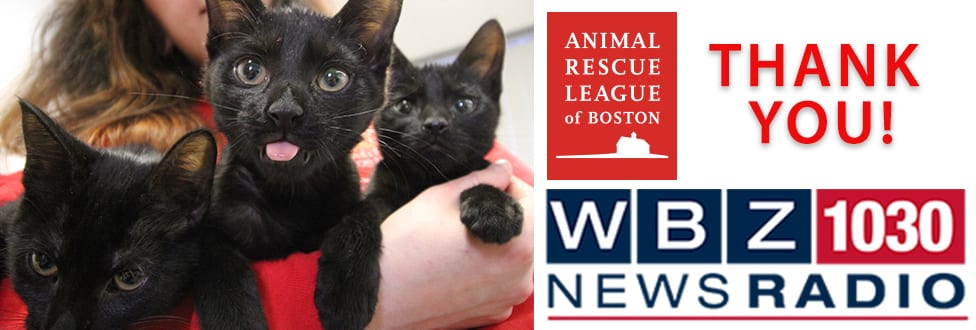

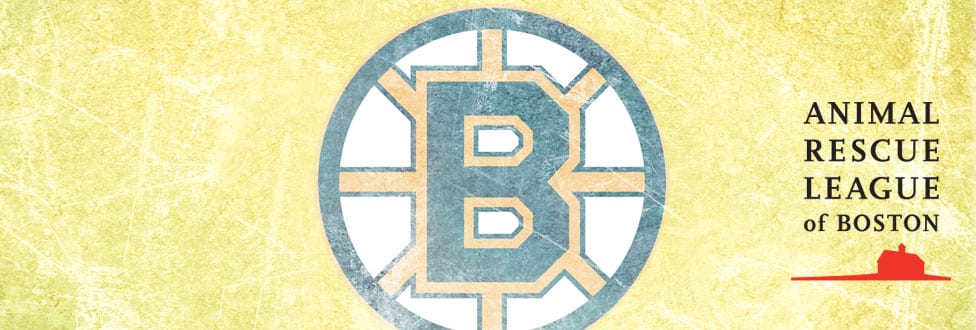
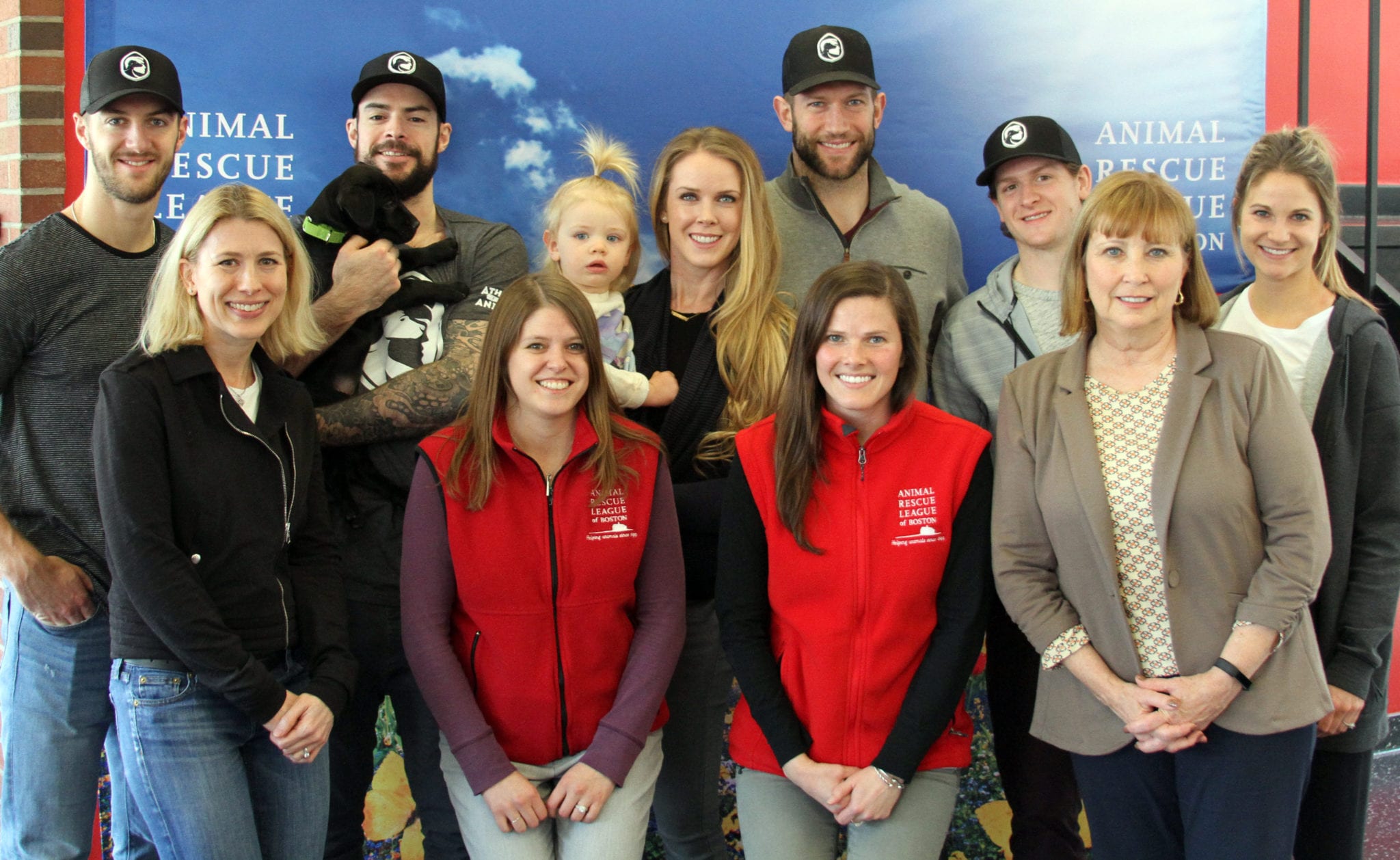
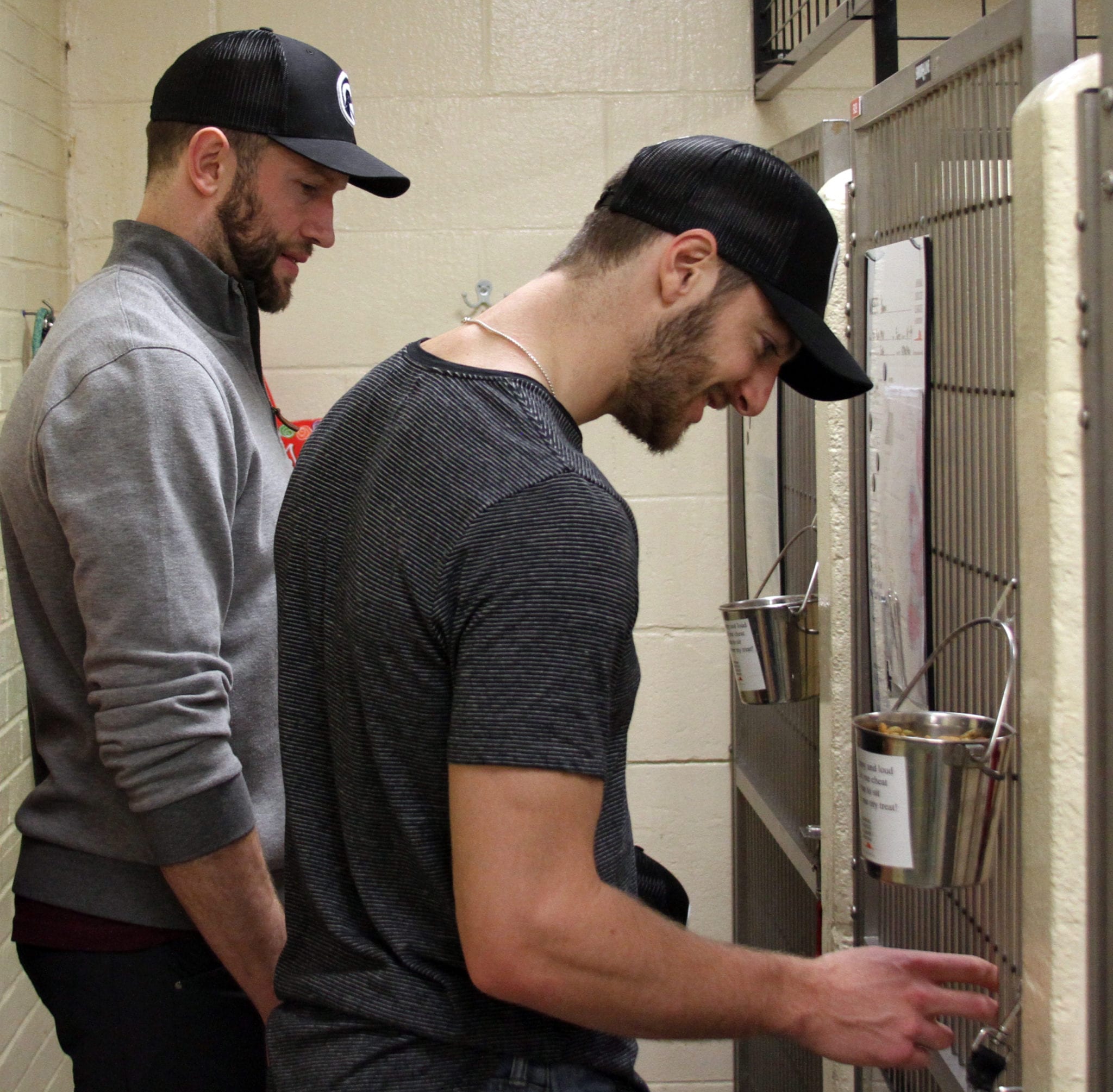
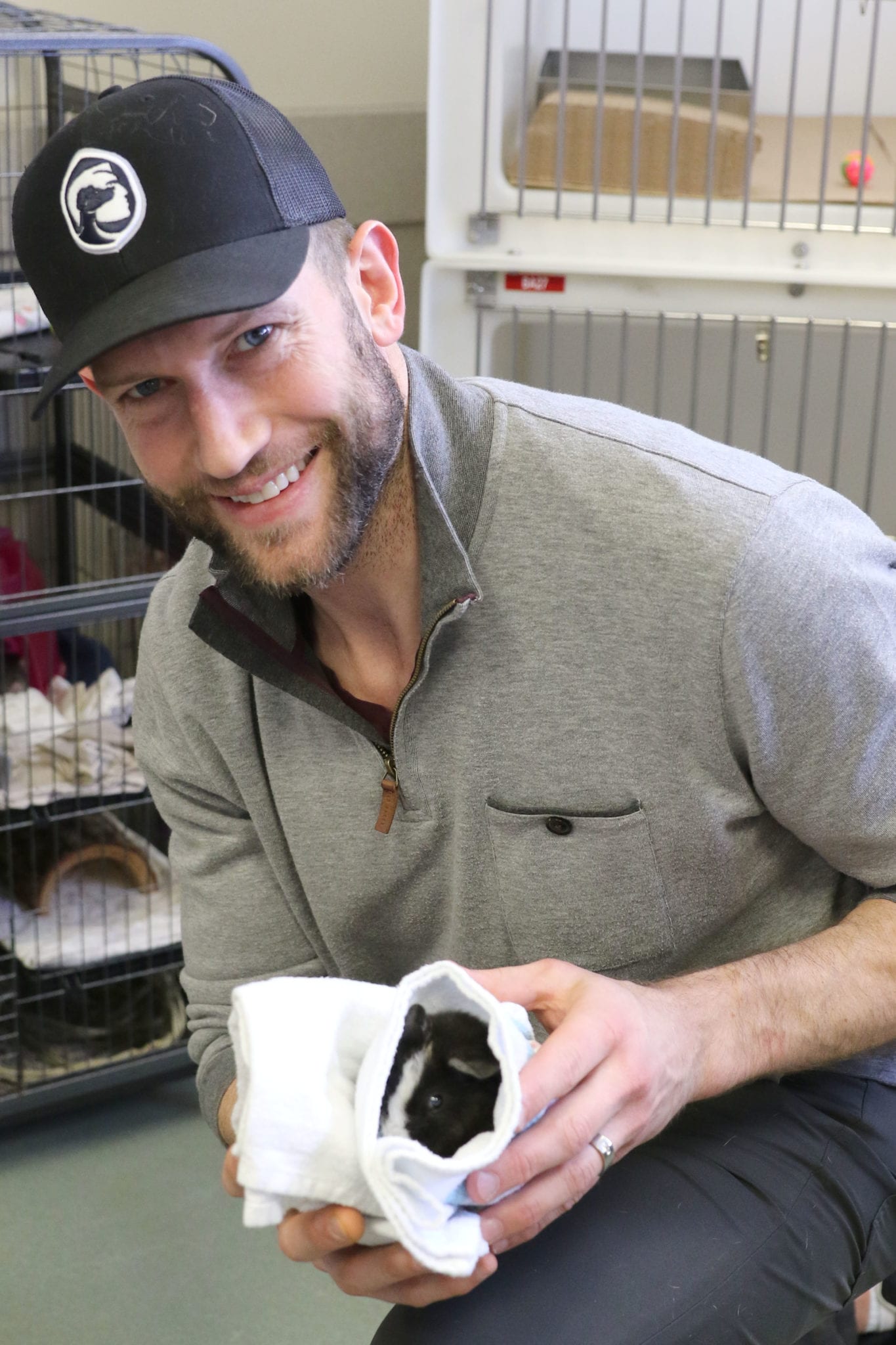
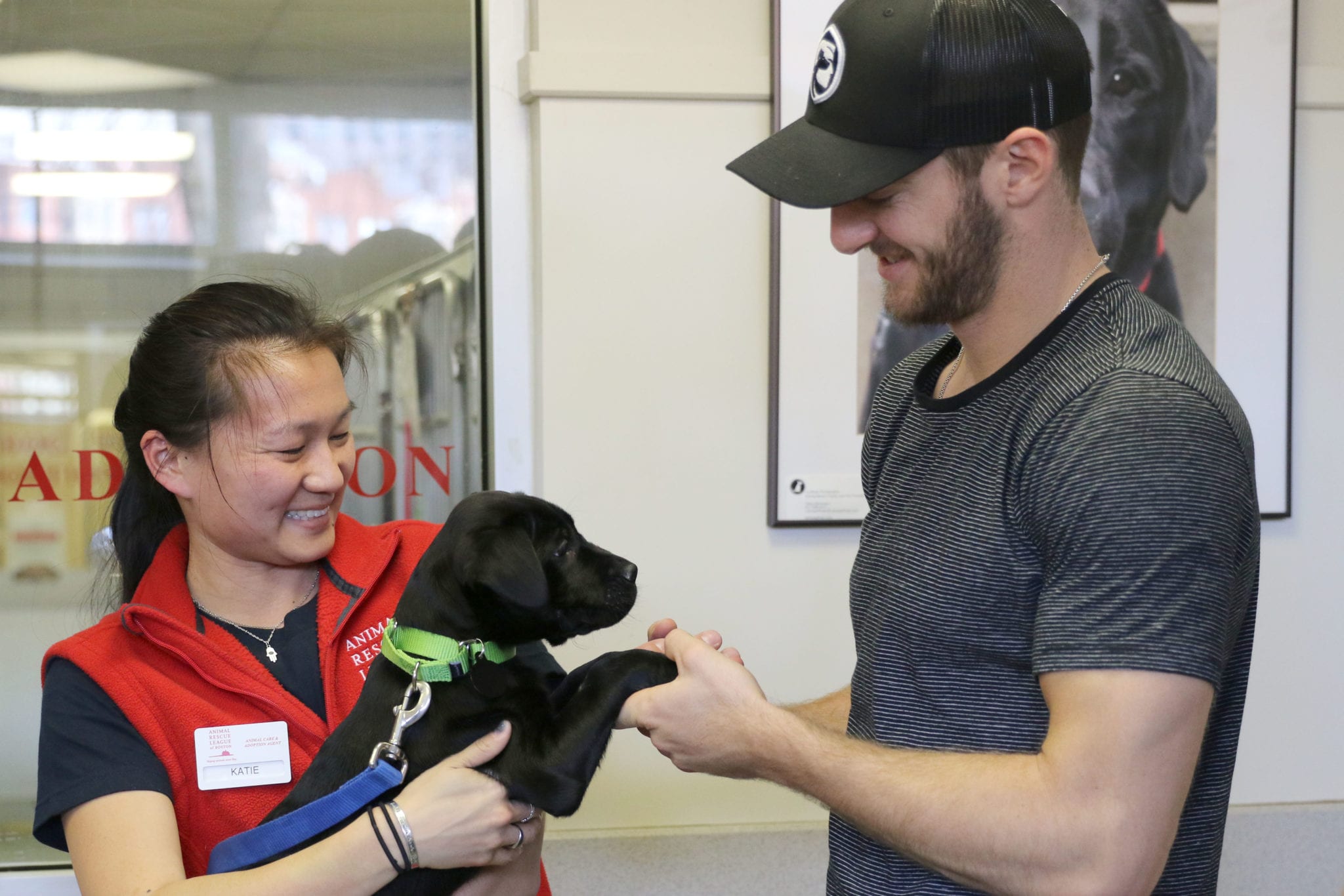
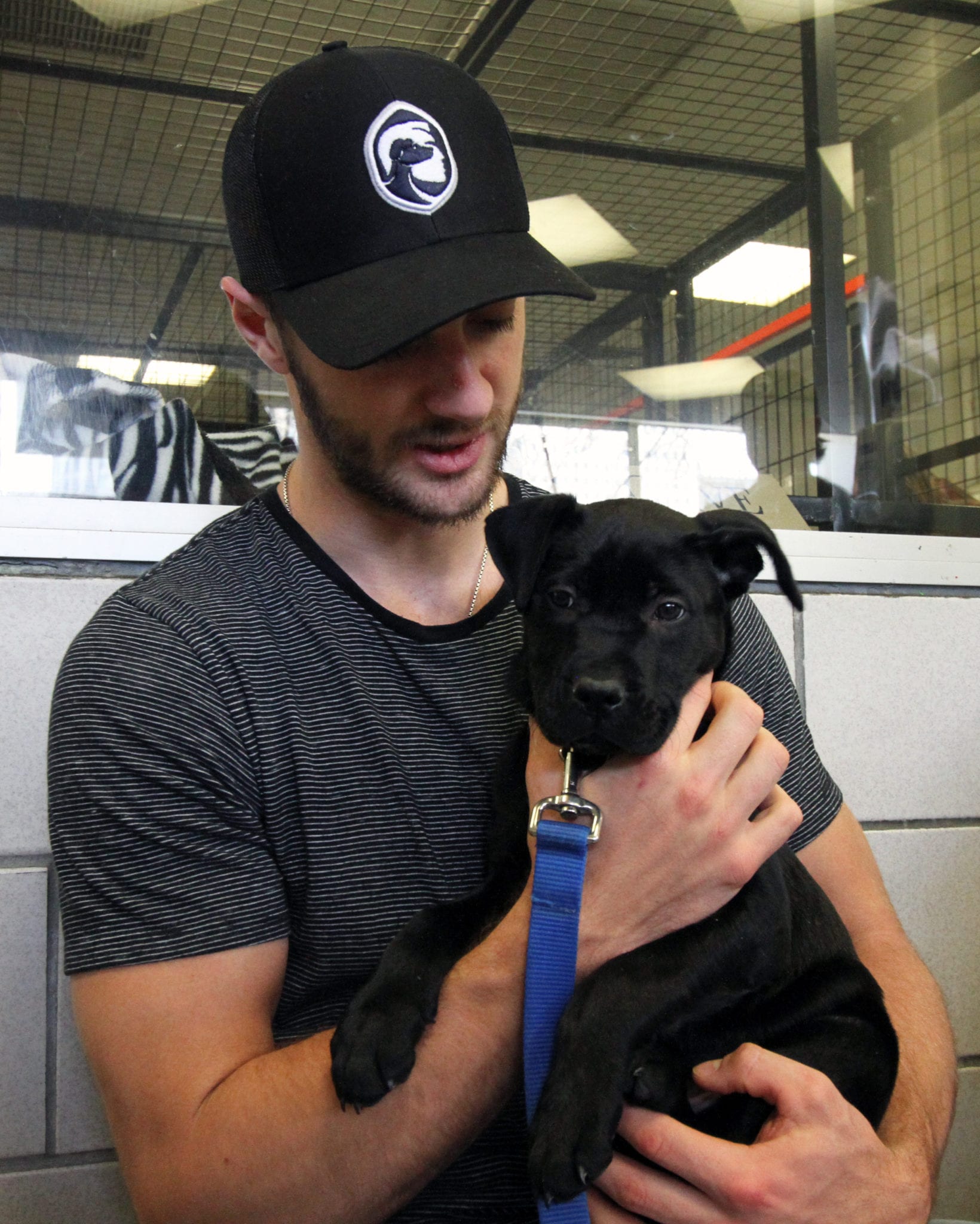
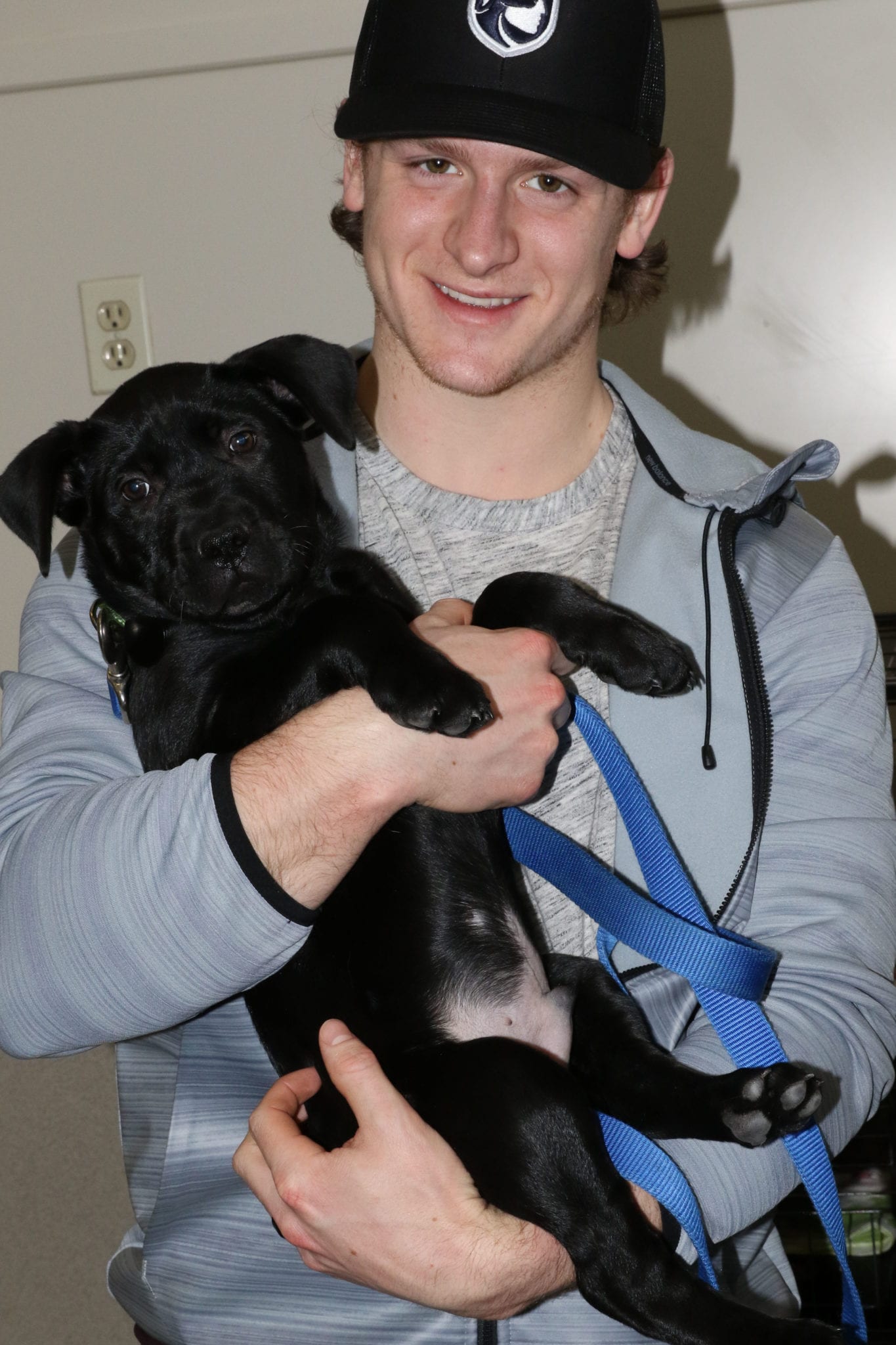


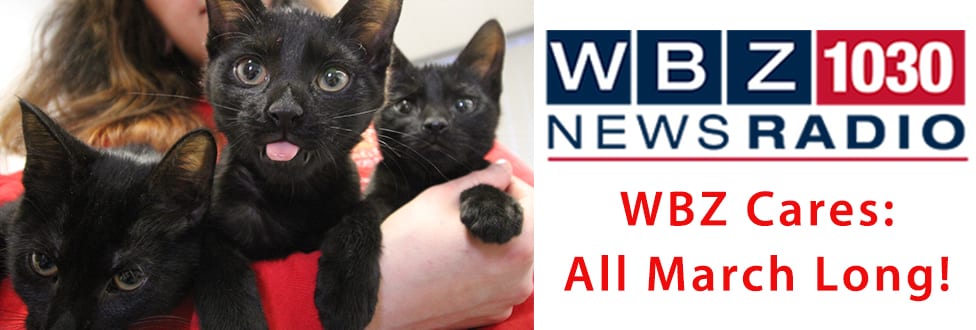
 In 2016, ARL served more than 17,800 animals throughout Massachusetts.
In 2016, ARL served more than 17,800 animals throughout Massachusetts.